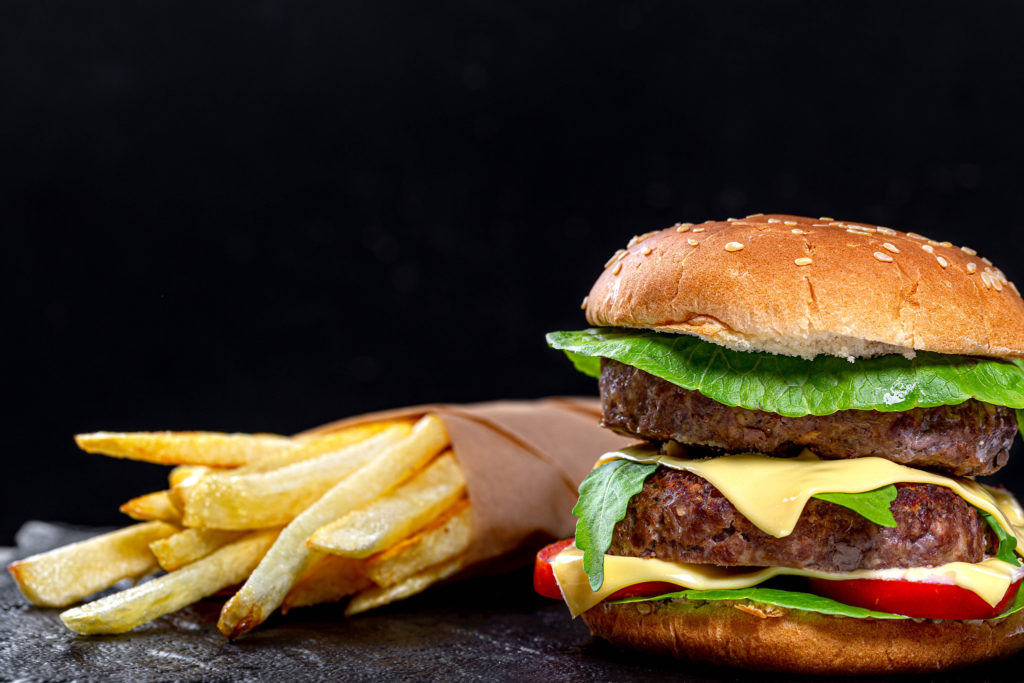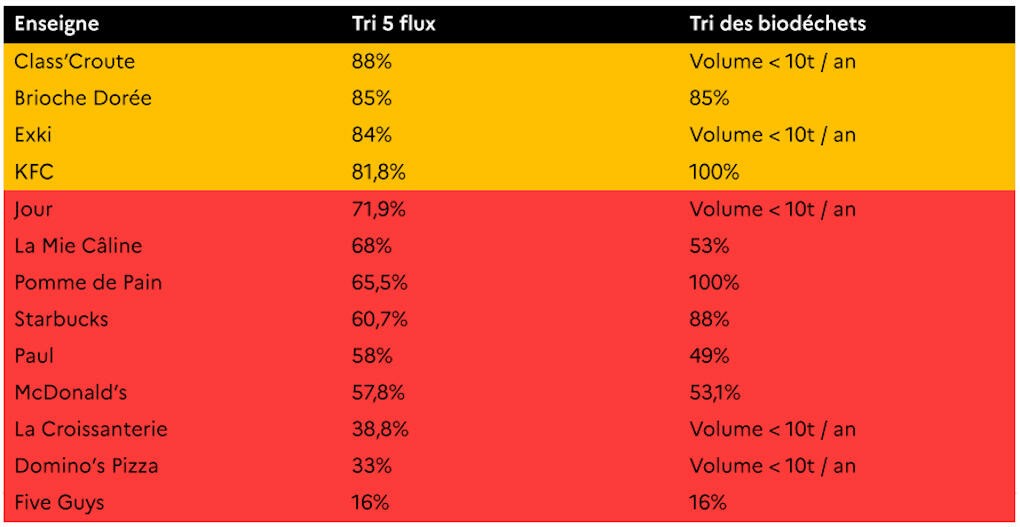France shames fast food giants for failing to recycle

France’s environment Ecological Transition Minister has slammed over a dozen fast-food giants for failing to sort and recycle large amounts of waste.
A list of high-profile companies, many of which spend millions of euros a year on PR, was published Thursday on the Ministry of Ecological Transition’s website.
Minister Barbara Pompili has warned of sanctions, including the closure of restaurants, if the accused brands, including McDonald’s, KFC, La Croissanterie, and Paul, do not correct their behavior.
In 2019, 16 fast-food chains, representing 30,000 outlets and serving nearly 6 billion meals a year, signed a charter of self-governance.
The companies have committed to a five-stream sorting system, including separate bins for paper/cardboard, metal, plastic, glass, and wood, and a separate bin for organic waste.

Companies “on the sidelines”
Under the rules, 90% of companies had to have a sorting and recycling system in place by January 1 and 100% by the end of this year. They also had to submit progress reports every six months.
However, Pompili told France Inter radio on Thursday that only three brands – Cojean, Burger King, and Subway – are complying with the rules.
“Most companies do not comply and remain on the sidelines,” she added.
Brands such as Class’Croute, Brioche Dorée, and Exki met the requirements with 84-88%, but pizza chain Domino’s and Five Guys lag, the latter with only 16%.
Other large companies such as Starbucks, Pomme de Pain, La Mie Câline, and Jour Healthy Groupe weren’t meeting the requirements too.
"Name and shame" : la ministre Barbara Pompili affiche les enseignes qui ne respectent pas les règles de tri des déchets https://t.co/6yz4bTh3Ix pic.twitter.com/XG7Hi2i7t6
— France Inter (@franceinter) July 1, 2021
Styrofoam ban
The naming and shaming action comes after a permanent ban on styrofoam packaging that went into effect on July 1.
Styrofoam packaging, used mainly in kebabs, was banned in January under a law aimed at phasing out single-use plastics, and retailers have six months to use up existing stocks.
During a visit to a kebab store in the Parisian suburb of Nanterre, Pompili explained that polystyrene takes a millennium to completely degrade in nature, while plastic bags take 450 years to degrade.
Retailers must now use recyclable alternatives, such as cardboard, cellulose, and polypropylene foam.
“The kebab boxes are symbolic because 350 million kebabs are eaten every year, which is 11 kebabs every second,” says Pompili.
“We won’t find the perfect alternative right away, but we have taken a step forward.”